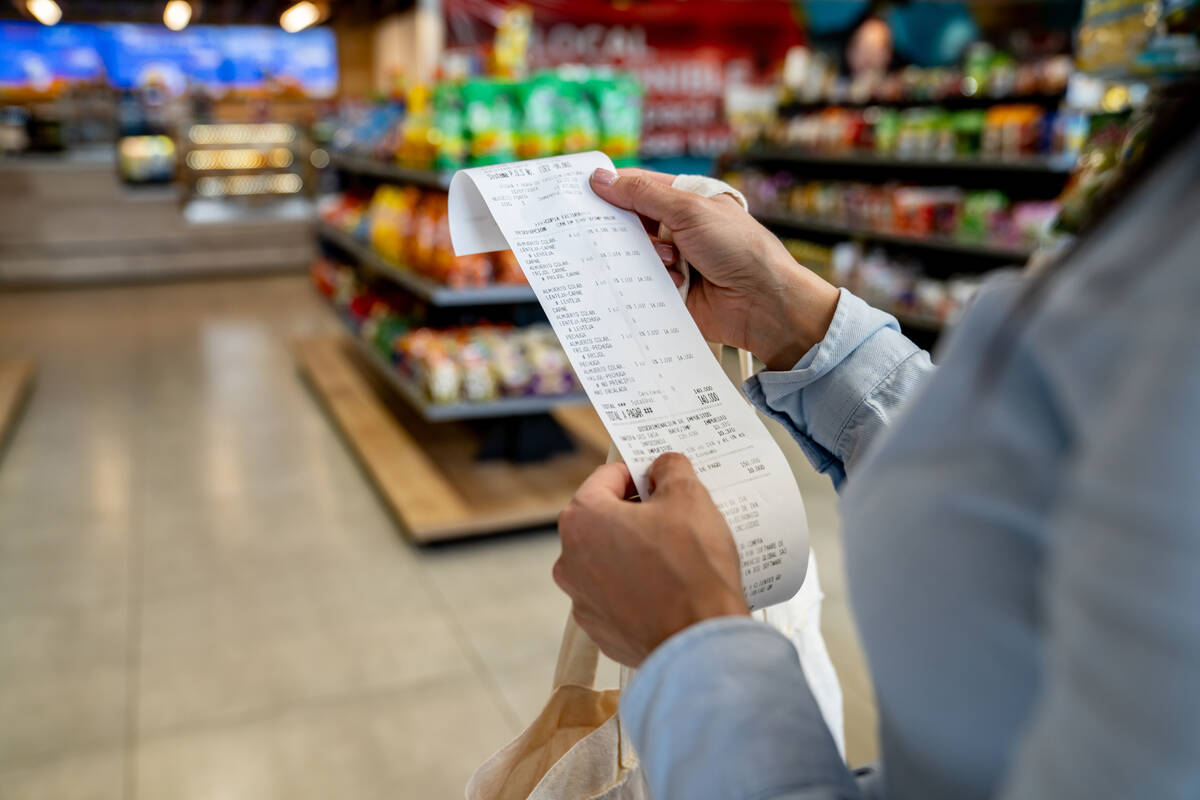Chicago | Reuters — U.S. live cattle and feeder cattle futures plunged their daily limit on Thursday, dragged down by another steep sell-off on Wall Street, fears of a global recession and continued uncertainty about consumer demand for meat, traders said.
Chicago Mercantile Exchange April live cattle contract settled down its three-cent limit at 100.075 cents/lb., which is a life-of-contract low (all figures US$). The April feeder cattle contract ended down its 4.5-cent limit at 119.025 cents/lb., also a contract low.
The exchange said daily limits would widen for Friday’s session to 4.5 cents for live cattle futures and 6.75 cents for feeder cattle futures.
Read Also

Canada December retail sales down 0.4 per cent; seen up 1.5 per cent in January
Canadian retail sales decreased by 0.4 per cent in December to $70 billion on a monthly basis, led by a drop in sales at motor vehicle and parts dealers, Statistics Canada said on Friday.
“It’s hard to be long until we know (more), in terms of trade and consumer reactions, restaurant traffic and food service demand. All of that (uncertainty) is playing into a softening profile for agriculture,” said Dan Basse, president of Chicago-based AgResource Co.
CME lean hog futures took a beating as well, drawing additional pressure after the U.S. Department of Agriculture’s weekly export sales report showed the largest net cancellations of U.S. pork sales to China in records dating to 2013.
USDA said net cancellations of U.S. pork to China, the world’s top pork consumer, totaled 45,222 tonnes in the week ended March 5.
The benchmark CME April lean hogs contract settled down its three-cent limit at a contract low of 60.875 cents/lb. Daily limits for lean hog futures will widen to 4.5 cents for Friday’s trade.
Also bearish was news that the National Basketball Association and National Hockey League seasons were both suspended, Major League Baseball delayed its season start and U.S. college basketball’s “March Madness” tournament was canceled.
“The cancellation of everything, that’s just something where people are not going to be going out to restaurants or anything, and you are developing a demand problem,” one livestock trader said.
— Julie Ingwersen is a Reuters commodities correspondent in Chicago.


















